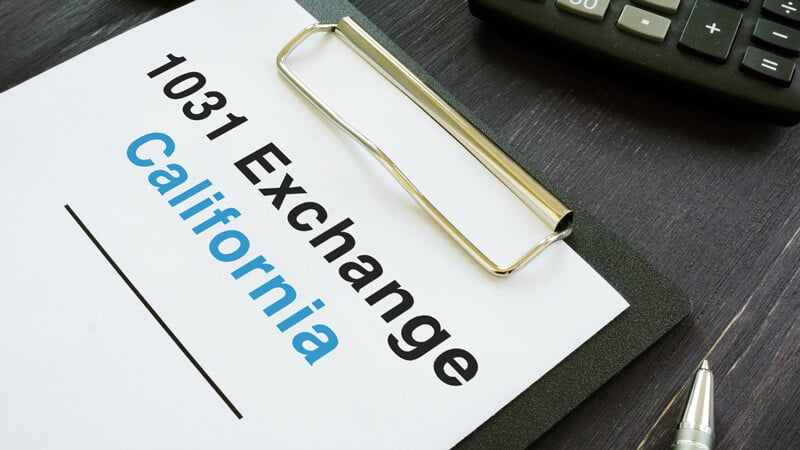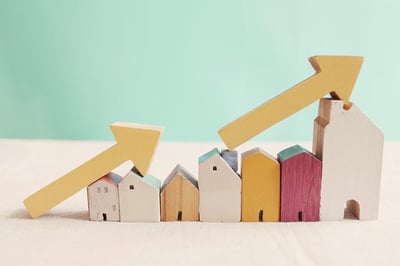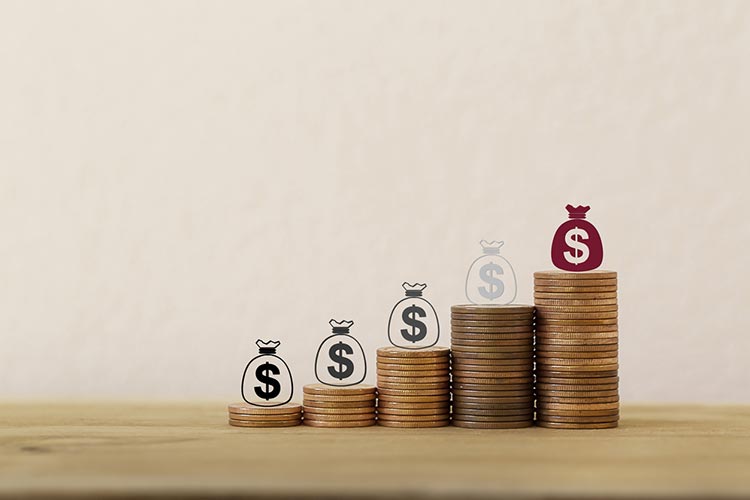Page 14 131 - 140 of 424
1031 Exchange California: Rules, Taxes, & Other Considerations

California has some of the highest capital gains taxes of any state. For this reason, investors are vulnerable to high tax liabilities following the sale of properties.
How to Convert 1031 Exchange Property Into Personal Property

A 1031 exchange is a tool investors can use to buy and sell real property assets while deferring the need to pay capital gains taxes on the profits. All property relinquished and acquired using a 1031 exchange must be held for investment purposes to qualify. Here is an example of how the process works:
What is a Partial 1031 Exchange?

Selling an investment property can net you a significant financial windfall – and also generate stiff tax consequences for highly appreciated real estate assets.
Can You Do A 1031 Exchange With A Family Member?

Doing a 1031 exchange with an immediate family member raises red flags with the IRS. Tax-deferred exchanges between family members are allowed, but the IRS has specific rules to qualify and avoid abuse of the system by tax evaders.
What Types of Properties Do Not Qualify for a 1031 Exchange?

A 1031 exchange is great for tax deferment, but not all properties qualify for this special tax treatment. In addition to the many rules to be aware of when considering a 1031 exchange, knowing if a property is even eligible is likely the first place to look.
How Does the 1031 Exchange Work in Conjunction with Depreciation on Investment Properties?

Selling an investment property for a gain can result in large tax bills. Some of that bill may include depreciation payments. This is called depreciation recapture. The recaptured depreciation is taxed at a different tax rate. Does a 1031 defer depreciation recapture taxes or does depreciation continue as if it is the same property?
Can An Irrevocable Trust Do A 1031 Exchange?

Yes, an irrevocable trust can do a 1031 exchange under certain circumstances.
Upleg vs Downleg in a 1031 Exchange

When undertaking a 1031 exchange, the property you are relinquishing is called the downleg, while the property you are acquiring is called the upleg. The downleg must be of equal or greater value than the upleg, and the two properties must be of like kind. This allows investors to potentially defer capital gains taxes on the sale of the downleg property.
1031 Exchange: What It Is, How It Works, and What to Consider

Navigating the world of real estate can present you with numerous opportunities that could result in a profit. However, one of the most common “necessary evils” of real estate investment is capital gains tax.
What Documents are Needed for a 1031 Exchange?

Real property acquisition and disposition requires a variety of steps. With those steps comes required documentation; a paper trail involving forms and legal paperwork to ensure that the transaction is completed to everyone’s satisfaction, without ambiguity or confusion.
Page 14 131 - 140 of 424


